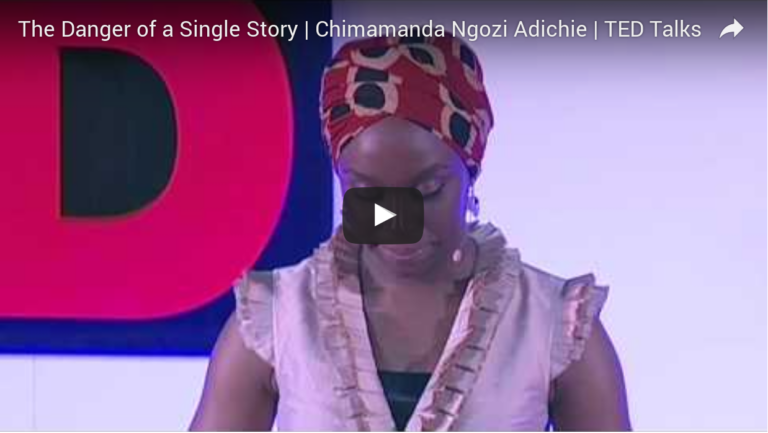Chimamanda Ngozi Adichie and David Brooks on the Dangers of Single Storyism
New York Times columnist David Brooks offered his readers a gift, recently, when he pointed out a 2009 TED Talk by Nigerian writer Chimamanda Ngozi Adichie called “The Danger of a Single Story.” In that talk, Adichie discusses globalization, colonialism, and the mutual cross-cultural misperceptions brought about – as Brooks puts it – by what…

